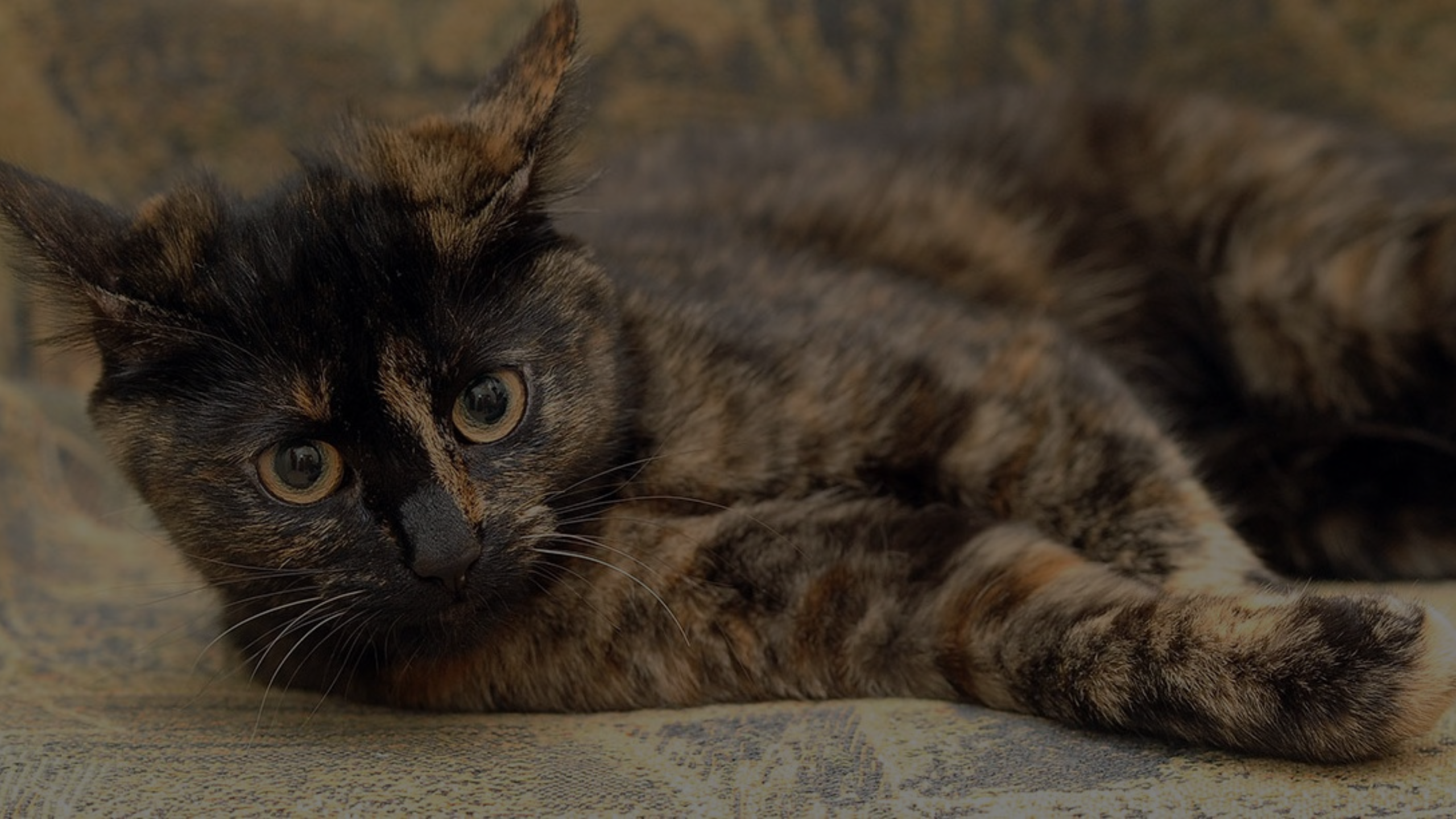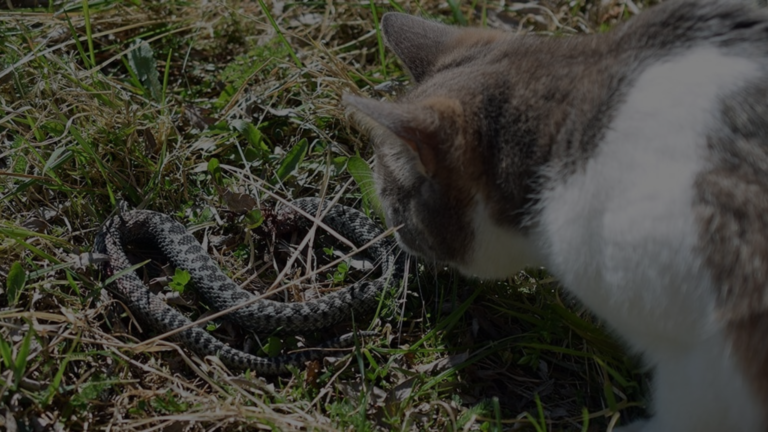The captivating tortoiseshell cat, with its fiery coat of orange, black, and cream, has long been a source of fascination and folklore. But beyond their striking appearance, these feisty felines are often shrouded in myths and misconceptions, particularly when it comes to their social interactions with other cats. So, do tortoiseshell cats get along with other cats, or are they misunderstood bundles of purrs waiting to befriend their feline counterparts?
Understanding Tortoiseshell Personality
First things first, it’s crucial to debunk the common belief that tortoiseshell cats possess a distinct, “fortitude”-filled personality solely due to their coat color. The truth is, tortoiseshell is not a breed but a coat pattern that can occur in various breeds like Persians, Maine Coons, and American Shorthairs. Each breed inherently carries its personality traits, and attributing specific behaviors solely to coat color is inaccurate and misleading.
The X Chromosome Connection
What’s interesting about tortoiseshell cats is their unique genetic makeup. The orange and black color patches are linked to the X chromosome, and since females have two X chromosomes, they can express both colors, resulting in the distinctive tortoiseshell pattern. Males, on the other hand, are much rarer due to the need for two X chromosomes and are typically sterile.
Every Cat is Unique
Despite the shared genetic quirk, each tortoiseshell cat is an individual with its own personality. Just like humans, they exhibit a spectrum of temperaments, ranging from playful and affectionate to independent and assertive.

Some tortoiseshells may be more social and enjoy companionship, while others prefer their own space. Ultimately, their interactions with other cats depend on various factors, including:
- Early socialization: Kittens exposed to other cats from a young age are more likely to develop positive social skills and adapt to multi-cat households.
- Breed personality: As mentioned earlier, the underlying breed traits play a significant role in shaping their temperament.
- Individual experiences: Past interactions with other cats, positive or negative, can influence their current behavior.
- Environment: A calm and enriching environment with ample resources can foster harmonious relationships between cats.
Do Tortoiseshell Cats Get Along with Other Cats?
If you’re considering bringing a tortoiseshell cat into your multi-cat home, proper introduction and socialization are key to creating a peaceful coexistence. Here are some helpful tips:
- Start slow: Begin with supervised introductions in separate rooms, allowing them to scent-swap through closed doors.
- Provide neutral territory: Create a designated “safe space” for each cat with their food, water, litter box, and hiding spots.
- Positive reinforcement: Use treats, praise, and playtime to create positive associations with each other.

Image Credit: Tractive - Respect their boundaries: Allow them to initiate interaction at their own pace and avoid forcing them together.
- Seek professional help: If you encounter challenges, consult a qualified animal behaviorist for guidance.
Remember: Patience, understanding, and a commitment to creating a stress-free environment are crucial for successful integration.
Expanding the Social Circle
While some tortoiseshell cats may thrive in multi-cat households, others might prefer the company of humans or even other pets like dogs. It’s important to observe your cat’s individual preferences and respect their comfort level when introducing them to other animals.
The Verdict: Tortoiseshell Cats and Other Cats
There’s no one-size-fits-all answer to whether tortoiseshell cats get along with other cats. Their personalities, breed background, and past experiences ultimately shape their social interactions. By focusing on proper introductions, positive reinforcement, and respecting their boundaries, you can create a harmonious environment where your tortoiseshell cat can thrive, regardless of their chosen feline companions (or lack thereof).

Remember: Every cat is unique, and judging their social compatibility solely based on coat color is a recipe for misunderstanding. Embrace their individuality, provide a loving and enriching environment, and let their true personalities shine through!
Resources & References
FAQs About Whether Tortoiseshell Cats Get Along with Other Cats
Is it true that tortoiseshell cats are more aggressive than other cats?
No, there’s no scientific evidence to support the claim that tortoiseshell cats are inherently more aggressive or aloof than other cats. Their coat color isn’t an indicator of personality. Individual temperament varies greatly within and across breeds, including cats with the tortoiseshell pattern.
Does the “fortitude” stereotype have any truth to it?
The term “fortitude” refers to the supposed feisty and independent nature of tortoiseshell cats. While some individual cats of any breed might display assertive personalities, attributing it solely to their coat color is misleading. Factors like breed, early socialization, and individual experiences play a much bigger role in shaping their personality.
Can I bring a tortoiseshell cat into my multi-cat household?
Absolutely! Every cat is unique, and tortoiseshell cats are no different. With proper introductions, a positive and enriching environment, and respect for their individual boundaries, they can adapt well to multi-cat homes. Consider their breed personality, past experiences, and comfort level with other animals before introducing them.
What’s the best way to introduce a tortoiseshell cat to other cats?
Start slow and supervise. Provide separate spaces with food, water, and hiding spots initially. Use positive reinforcement like treats and playtime to create positive associations. Allow them to initiate interaction at their own pace and avoid forcing them together. Consider seeking professional guidance if you encounter challenges.
Will my tortoiseshell cat get along with other pets like dogs?
Again, it depends on the individual cat and their past experiences. Some tortoiseshell cats might enjoy the company of dogs, while others might prefer solitude. Observe their behavior and body language and introduce them gradually while ensuring both feel safe and comfortable.
Are there specific breeds known for being more social with other cats?
Some breeds known for being generally social and adaptable include Siamese, Ragdolls, Burmese, and Abyssinian cats. However, individual personality always takes precedence over breed traits. Consider adopting from a shelter or rescue where staff can provide insights into each cat’s temperament and potential fit for your home.








